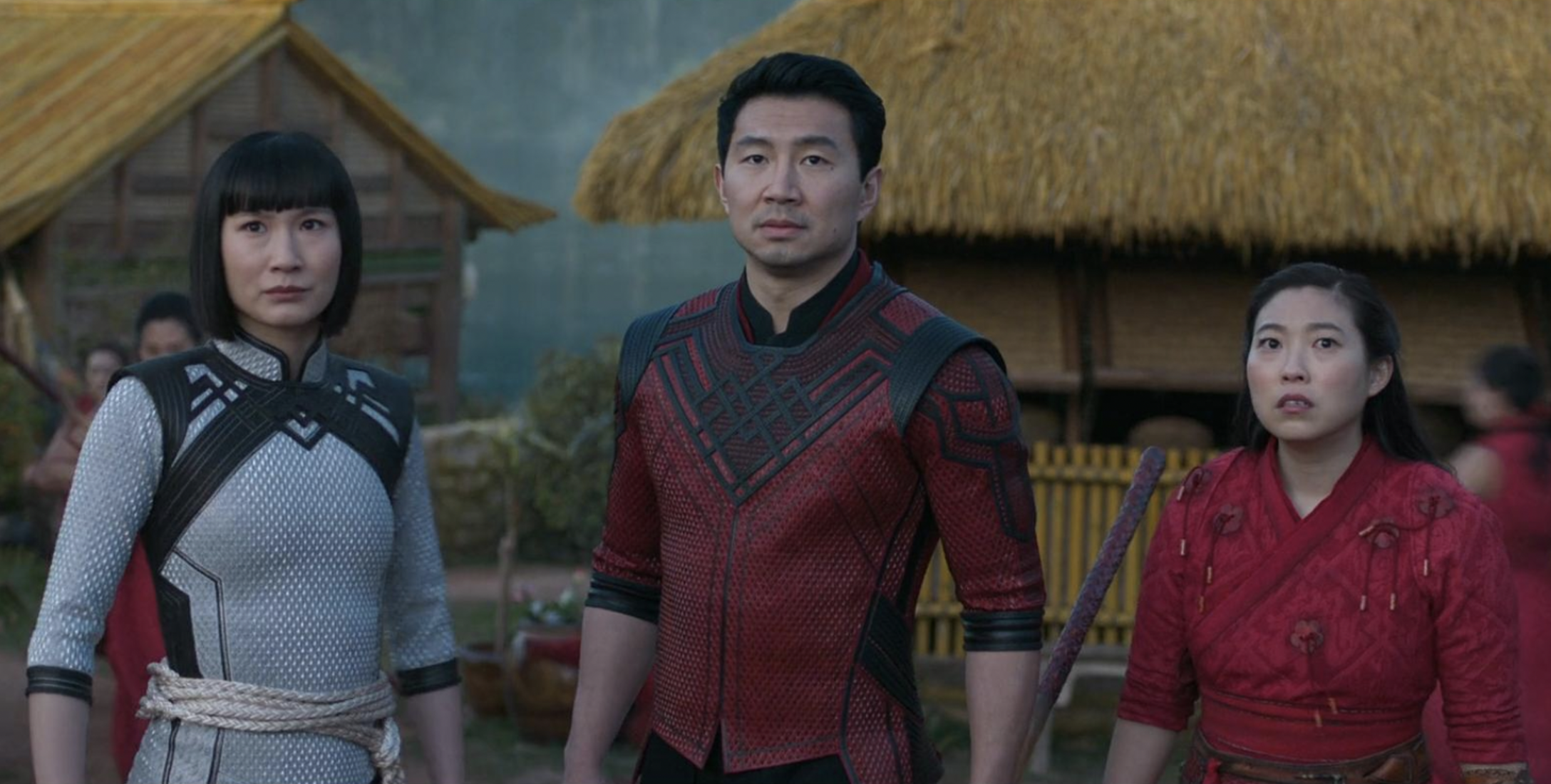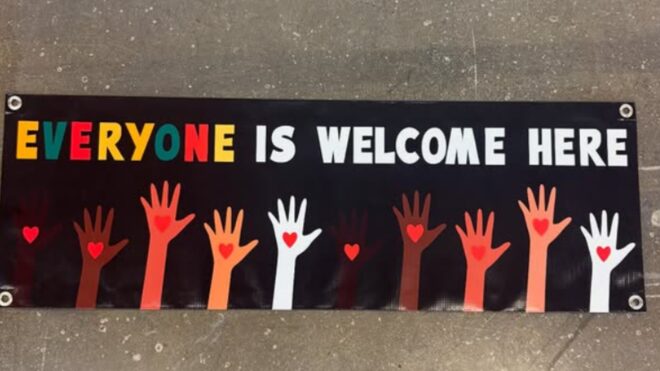
Growing up, Halloween as a kid meant being surrounded by princesses and superheroes. The shows and cartoons I watched barely featured Asian characters I could dress up as. Mulan came out when I was a little too old to be trick-or-treating. By then, it just didn’t seem cool to dress up as a Disney princess, even if she looked like me.
I remember one Halloween when I was in grade school, my mom bought me a Cabbage Patch Kid costume with a mask. I literally put a white girl’s face on top of mine. And sadly, that’s what I truly wanted to look like, someone with blond hair, blue eyes, and fair skin.
That desire to look like those on-screen affected how I viewed myself.
I struggled to feel like I belonged, creating a broken sense of identity. It wasn’t until I became a parent that I started to appreciate where I came from and grew to be proud of my culture.
Recently, I went shopping with my 2-year-old son, and when we stopped in the toy aisle, he stared at the Shang-Chi action figures. (Shang-Chi is a character in the superhero film Shang-Chi and the Legend of the Ten Rings based on Marvel Comics.) Then it hit me: he doesn’t need a mask. He can dress who he wants to be and celebrate his culture openly and freely, every day.
Shang-Chi breaks Asian stereotypes.
When I think about the Asian characters I grew up with, they were very basic and poorly stereotyped. There were the nerdy sidekick, exotic dragon ladies, submissive sex workers, or the token Asian friend in a group of white kids.
If they had a bigger role in the film, they were either an old karate master like Mr. Miyagi, or a stuntman with few words darting around for comedic purposes like Jackie Chan. Or they would be the Asian villain that the main white lead would beat up with a victorious ending.
Shang-Chi is played by the Chinese actor Simi Liu. But it isn’t only his physical appearance or his role as a superhero that makes this movie take a real step toward Asian representation in the media.
The Asian male lead is a humanized hero.
Shang-Chi is not a one-dimensional character with no back story, zero personality, and emotionless expressions. He’s not the kung-fu action star that epitomizes Asian male stereotypes. He has many lines of complicated dialogue, moving between the English and Chinese languages without an accent.
The entire story revolves around him. He is the main character, the hero who saves the day. He’s caring and kind, but he’s not perfect. He has flaws and shows his vulnerability by trying to do better. His identity struggles are the focus of the film, not his martial arts abilities. He’s got depth that makes him relatable to Asian Americans.
And the supporting Asian characters are multi-dimensional.
I love how they made his best friend, Katy, a female Asian character. She is loyal to Shang-Chi and supports him as he faces his past. But Katy isn’t a bland best friend. She’s struggling to figure out what she wants to do with her life while battling the expectations of her parents, society, and those she has put on herself.
These are issues that I personally dealt with. Those scenes open up further conversations with my kids about my past and how it’s shaped me as an adult and my role as a parent in their lives.
In addition to Katy, 'Shang-Chi' has a wide range of diverse Asian characters.
Wen Wu is Shang-Chi’s father and the villain in the movie. But he’s not the stereotypical bad guy. He’s not just some random final boss that appears at the end of the movie whom Shang-Chi needs to defeat. The film shows the complicated story that influenced who he is, his intentions and the reasons for his behavior so the audience can sympathize and relate to his poor decisions.
Back in my day, if I decided to dress up as a character from Sailor Moon or Dragon Ball Z, other kids would wonder who I was. However, my kids can pick and choose who they relate to in the Shang-Chi universe. Their classmates will know who they’ve dressed up as; they don't worry about trying to explain their costumes.
My son is only 2 and I can’t wait until he’s old enough to watch this movie. I’m excited about the sequel, the expansion of the Shang-Chi franchise and how the characters will connect with the rest of the Marvel Cinematic Universe. Although Hollywood still has a long way to go, Shang-Chi is on the right path to creating a world that empowers the next generation of Asian Americans to take ownership of their stories and who they aspire to be, whether it’s on Halloween or a regular Monday.




